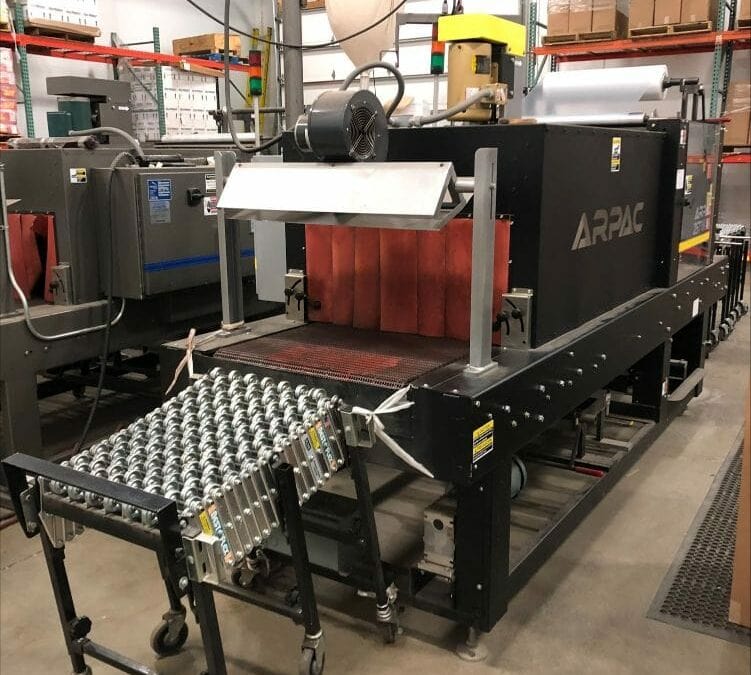Key Considerations for Acquiring Used Industrial Filling Machines
Investing in used industrial filling machines can be a strategic decision for businesses seeking cost-effective solutions for their production needs. However, to ensure a successful purchase that aligns with operational requirements, there are several crucial factors to consider. In this guide, we’ll explore key considerations for businesses looking to acquire used industrial filling machines.
Type of Filling Machine:
Start by identifying the specific type of filling machine that suits your production needs. Different industries require various filling technologies, such as volumetric fillers, gravimetric fillers, piston fillers, or rotary fillers. Understanding your product characteristics and production volume will guide you in selecting the most appropriate type of filling machine.
Machine Condition:
Thoroughly inspect the overall condition of the used filling machine. Check for signs of wear and tear, focusing on critical components like pumps, valves, seals, and the conveyor system. Request maintenance records and inquire about any past issues or repairs. A well-maintained machine is more likely to provide reliable and efficient performance.
Compatibility with Products:
Ensure that the used filling machine is compatible with the type of products you intend to fill. Consider factors such as viscosity, particulate size, and temperature sensitivity. Some filling machines are better suited for liquids, while others handle semi-viscous or viscous products. Verify that the machine’s specifications align with the characteristics of your specific products.
Production Speed and Capacity:
Evaluate the production speed and capacity of the used filling machine. Consider your current and anticipated production volumes to determine if the machine can meet your output requirements. It’s essential to strike a balance between the desired production speed and the accuracy of fills to maintain product quality.
Integration:
Check the compatibility and ease of integration with your existing production line. The used filling machine should seamlessly fit into your workflow without requiring extensive modifications. Assess the space requirements, power supply compatibility, and any additional accessories needed for successful integration.
Compliance with Regulations:
Ensure that the used filling machine complies with industry regulations and standards. This is particularly important in industries with strict quality and safety requirements, such as food and pharmaceuticals. Request documentation related to the machine’s compliance with relevant regulations to avoid any legal or operational issues.
Brand Reputation:
Research the reputation of the filling machine manufacturer. Opting for a reputable brand increases the likelihood of acquiring a durable and reliable machine. Look for reviews, testimonials, and the manufacturer’s track record in providing high-quality equipment.
Summary
Acquiring used industrial filling machines can offer significant cost savings, but it requires a careful evaluation of the machine’s type, condition, compatibility with products, production speed, ease of integration, regulatory compliance, and manufacturer reputation. By considering these factors, businesses can make well-informed decisions that contribute to the efficiency and success of their filling operations.

